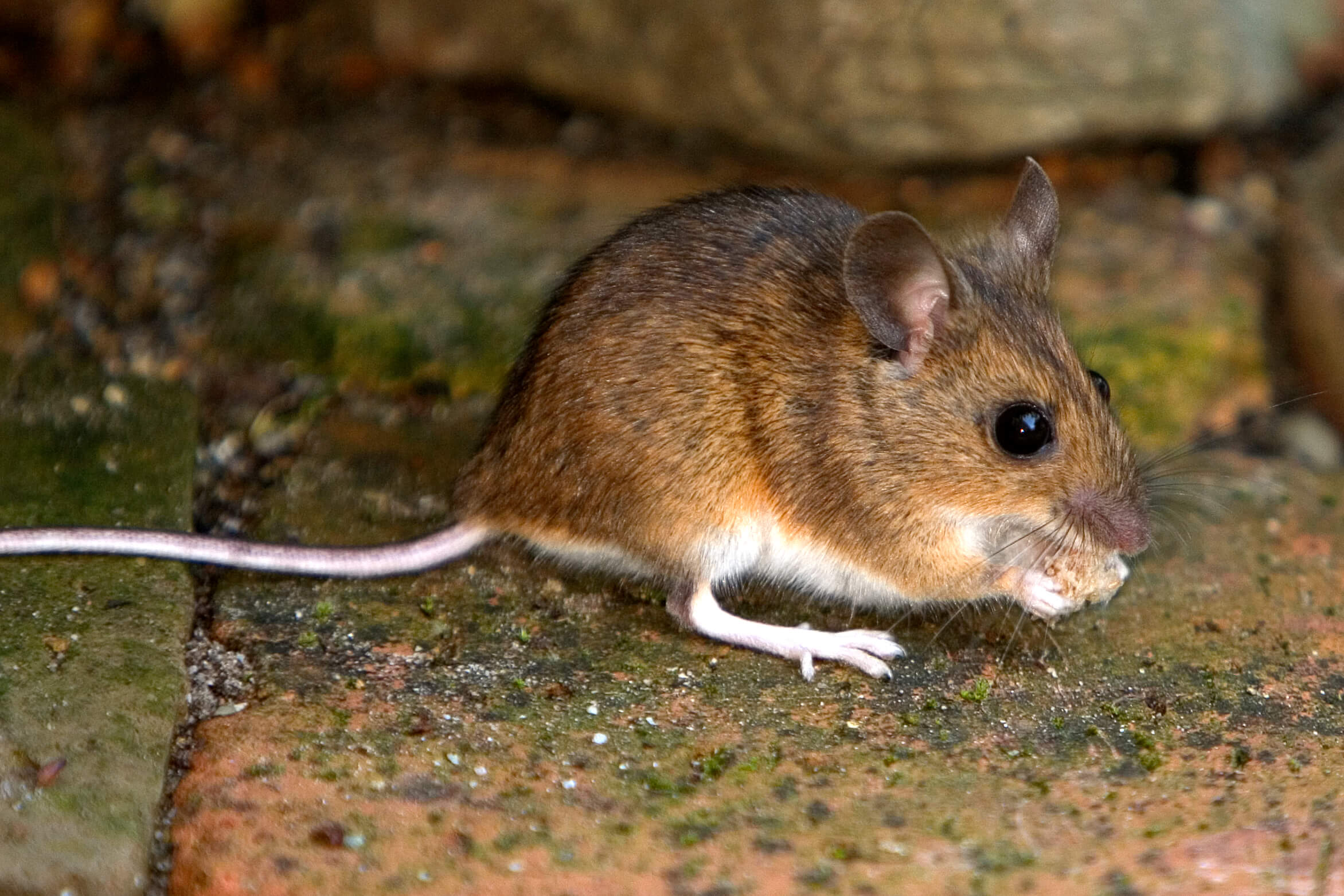Having a mouse infestation once can be frustrating--a recurring mouse problem takes that stress to a new level. Just what is it about mice that allows them to come back again and again? Furthermore, why do so many DIY pest control methods do little to stop them?
If you find yourself wondering why your home keeps getting mouse infestations, there are typically three reasons involved:
- Mice reproduce rapidly.
- You may be inadvertently inviting them back.
- Storebought treatments are not addressing the issue’s root cause.
Below, we’ll explain more about why homes end up with recurring mouse problems and why storebought pest control methods are often ineffective at controlling an infestation.
WHY DO I KEEP GETTING MOUSE INFESTATIONS?
Mice Reproduce Rapidly
A mouse problem can spread fast because mice reproduce like there’s no tomorrow. They can also start breeding from an extremely young age compared to other animals.
- One female mouse can have about 35 babies (or pups) in one year, spread out over multiple litters. She can birth up to six pups every 25 to 36 days.
- Once those pups are approximately 6 to 8 weeks old, they start to mate. From then, it’s only 25 to 36 days before their litters are born.
At this rate of reproduction, mice can increase their numbers rapidly and quickly cause an infestation.
You’re Inadvertently Inviting Them Back
Even if you keep a relatively clean home, you can still end up with a recurring mouse problem. That’s because there are a lot more ways to “invite” mice onto your property than you might expect. Here are some common examples:
- Keeping pet food out in the open. Kibble left in unattended food bowls and feeders can be very enticing to rodents and other pests.
- Using a bird feeder that isn’t pest-proof. With their sharp claws, mice can scale bird feeders on a pole or climb down onto bird feeders that lack a baffle.
- Leaving holes and gaps unsealed. If you have holes that open to your home’s exterior (like holes drilled for pipes and cables), make sure they’re sealed. Mice can also enter your home through the gaps underneath garage doors.
- Leaving windows and doors open. Mice can even come in through an open second-story window by scaling the wall or jumping from a nearby tree.
- Keeping food in packages that aren’t air-tight. Mice have a keen sense of smell that can lead them straight to unprotected food in your pantry.
You Might Also Like: 6 Reasons Why Clean Homes Still Get Pest Infestations
Storebought Pest Control Treatments Can’t Fix the Root Issue
While you may catch some mice in baited traps or reduce their numbers with poison, this doesn’t actually solve the issue of:
- what’s attracting mice to your property;
- how they’re getting into your home.
Also, as we mentioned above, mice breed incredibly fast, so if you don’t know the most effective ways to control their numbers, their population can get out of hand while you continue to buy treatments that ultimately don’t do what you need: control and prevention.
This is where working with a rodent control expert can save you time, money, and stress in the long run. At Sage Pest Control, our experienced pest professionals are well-versed in the best methods of rodent prevention, as well as treating your existing infestation. They also know all the places to look for rodent entry points and aren’t squeamish about venturing into the dark corners of your home that most people would rather avoid.
For help with mice in your home, don’t hesitate to contact Sage Pest Controltoday: (704) 413-3398!


